What is the Picardy 3rd Ending?
What is the Picardy 3rd Ending?
Listen to the podcast by clicking on the arrow button below:
Here is a transcript of the podcast:
Hello this is Duane and I’d like to share another good stuff you really ought to know about music. This is about a Picardy third. When a song has been in a minor key and then it ends on a major chord, that’s called a Picardy third. It came from a French word that – I don’t speak French, but you can read it about it in the Wikipedia article below – and one example is the old tune Greensleeves, you probably know it’s in a minor key, but usually or often when it’s played they’ll end it after playing a minor all the way through, they’ll end in a major key. Let me just give you a little example or maybe I’ll play it all the way through.
[Duane playing piano]
You hear that it ends on a major key doesn’t it? See it’s been minor all the way, you have that minor feeling and then it suddenly ends up on a major, that’s called a Picardy third. Now you may wonder why it’s called a third, because it deals with the third. In a major chord, let’s come back to C, play the C major chord, C, E, G. The third, the interval is called a major third from C to E. If I lower E to E flat that’s called a minor third, so if I raise that from a minor third to a major third that’s called a major third and it makes the chord major. You see that minor third makes the chord minor, but a major third makes the chord major, so that’s what’s happening, if we played Greensleeves in the key of C minor.
[Duane playing the piano]
Right, which eventually you’ll be able to do by-the-way; you should be able to play all songs, all fair to easy songs in all 12 keys by-the-way. That’s our long term goal, but that will take some time to accomplish that. If you were going to play that in C minor you would end it in C major if you used a Picardy third. Now musicians always have freedom of choice and that’s one of the wonderful things about music is you can always choose, you can always pick and choose what you’re going to do. Not so much in classical music, because you’re really tied to the intentions of the composer like Beethoven. I wouldn’t’ mess with Moonlight Sonata – would you?
I wouldn’t recommend changing somthing like “Prelude in C sharp minor” to some sort of rag time or boogie or something like, but in other kinds of music meaning most everything else, semi-classical, popular, rock, jazz, gospel, sacred, whatever. You always have the freedom to do that sort of thing. It’s not that you have to do it, but if you do it and you end a minor song on a major third that’s called a Picardy third.
Well thanks for being with me and we’ll see you again soon with one of these tips. Bye-bye for now.
Read more about the Picardy 3rd in Wikipedia:
http://en.wikipedia.org/wiki/Picardy_third
You can also listen to this podcast at Spreaker:
http://www.spreaker.com/page#!/dashboard/episodes


